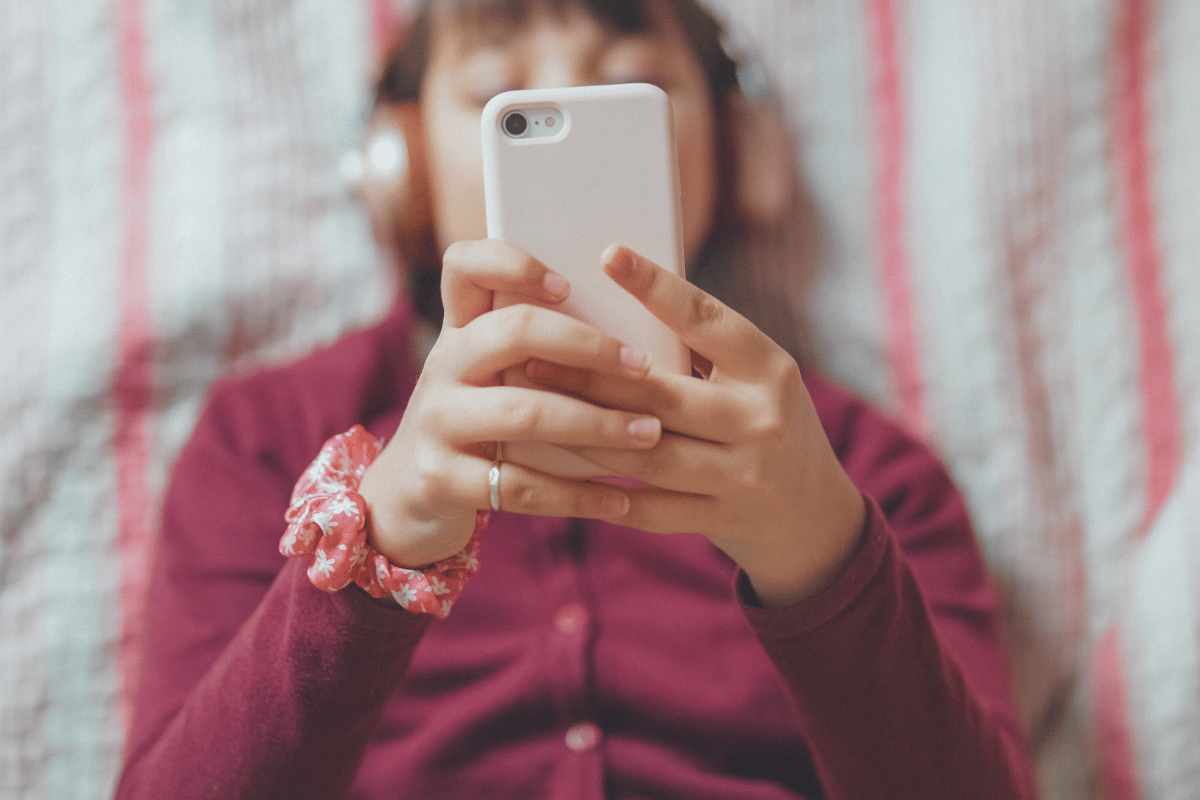
Melissa* doesn't make a habit of checking her daughter's browsing history. But when she noticed her 13-year-old being acting differently than usual, she decided to take a look.
"I stumbled across some sites that didn't seem age-appropriate," Melissa told Mamamia.
New research has shown that, since 2018, the average age at which girls are first viewing pornography has dropped to 13.6, as per Our Watch.
Watch: The basics of sexual consent. Post continues after video.
"It was nothing too crazy that I saw," continued Melissa.
"But I'll admit it did shock and worry me. I understand being curious at her age, but I'm concerned about the accessibility of this sort of thing online. I don't want to invade her privacy, but I worry about what she could be seeing."
It's no secret that young people are digital natives. According to Act For Youth, the vast majority of adolescents (aged 13 to 17) have access to smartphones (95 per cent), desktop or laptop computers (90 per cent), and tablet computers (65 per cent). Almost all teenagers (96 per cent) reported using the internet daily.





























































































